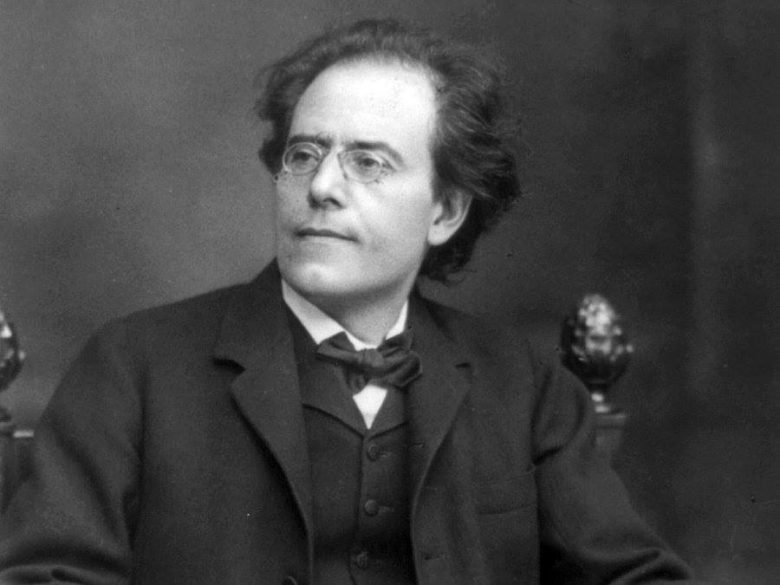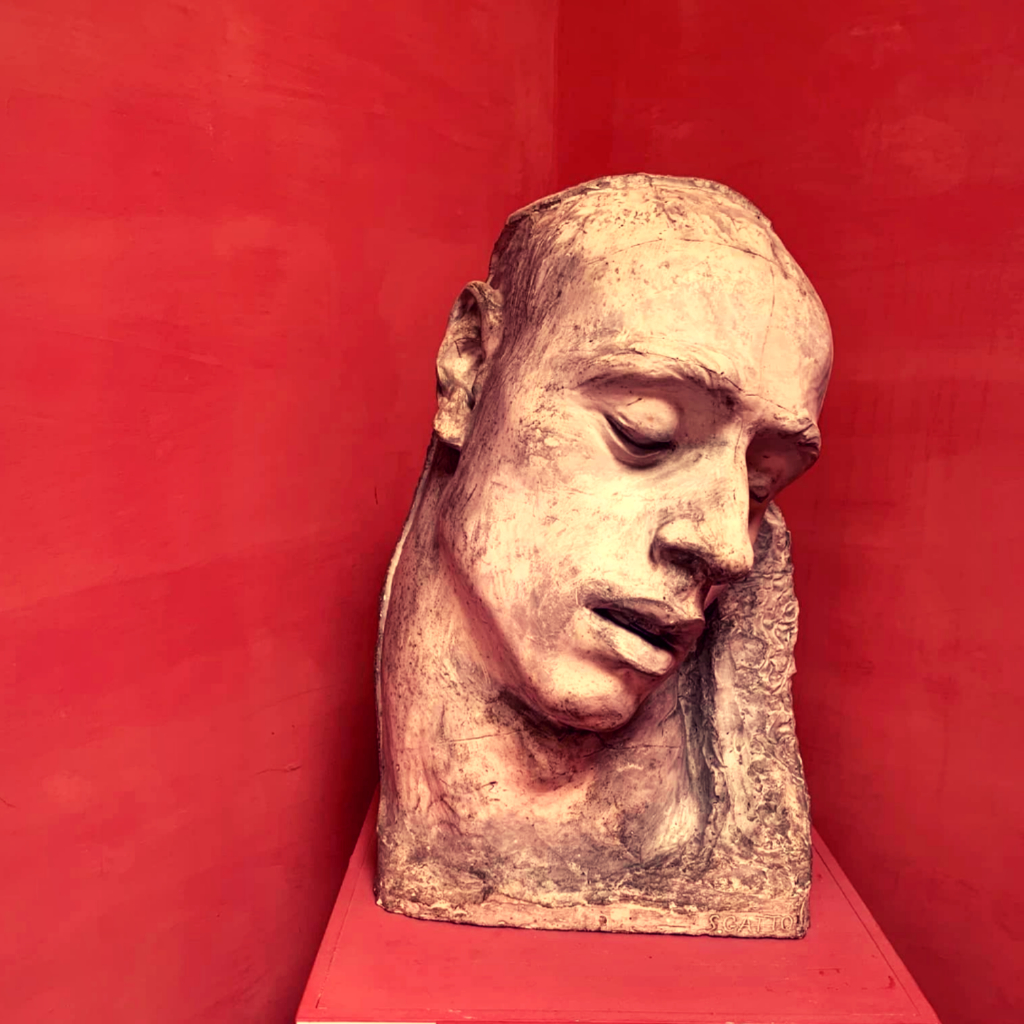
Article by Marco Mazzoleni
Mahler is a demanding composer. Technically and existentially. If you face it with seriousness and commitment it forces you to confront yourself and the world. To dig deep into our abyss. It is a music that if you don’t understand it can also annoy you. How can it bother you to fully understand it. In showing us things we would not want to deal with or pay attention to. Or that we wish we had forgotten. Forget.
Life is a serious matter, although our civilization today wants to delude us into the lightness of futility. Mahler reports to the important, unresolved issues. Set aside in everyday life. The nocturnal thoughts of nachtmusik. The defeats. The triumphs and the false triumphs. The illusions, the hopes. It’s love. The tragedies of the end of things and of life. But it also shows us the irresistible wonder of the world. The most common feeling in his scores is the sense of loss. Especially the lost youth, but never lost within oneself. To which one clings as a sign, symbol, invocation of permanence. Mahler is not easy, immediate. But when he is fully understood he becomes an inseparable friend. That accompanies us in everyday life. Today he is among the most performed composers in the world, despite being in some ways still misunderstood. By those who perform it as well as by those who listen to it. Sometimes one understands perhaps only the musical magnificence more than the tragic depth.
But I believe that messages ultimately reach people’s hearts. Moreover, even when it was misunderstood then, “repression” in the scientific literature of the time was the soul of neurosis. Individual and collective. Maybe they didn’t want to understand it. Even today, to grasp its essence, one must have the courage to allow oneself to be accompanied in the great repressions of our age, in what is buried in everyday oblivion. In a labyrinth at the end of which one is alone in front of the absolute, or nothing. Where only music can be a disturbing relief. It’s liberating…



